Budapest: The East-European jewel
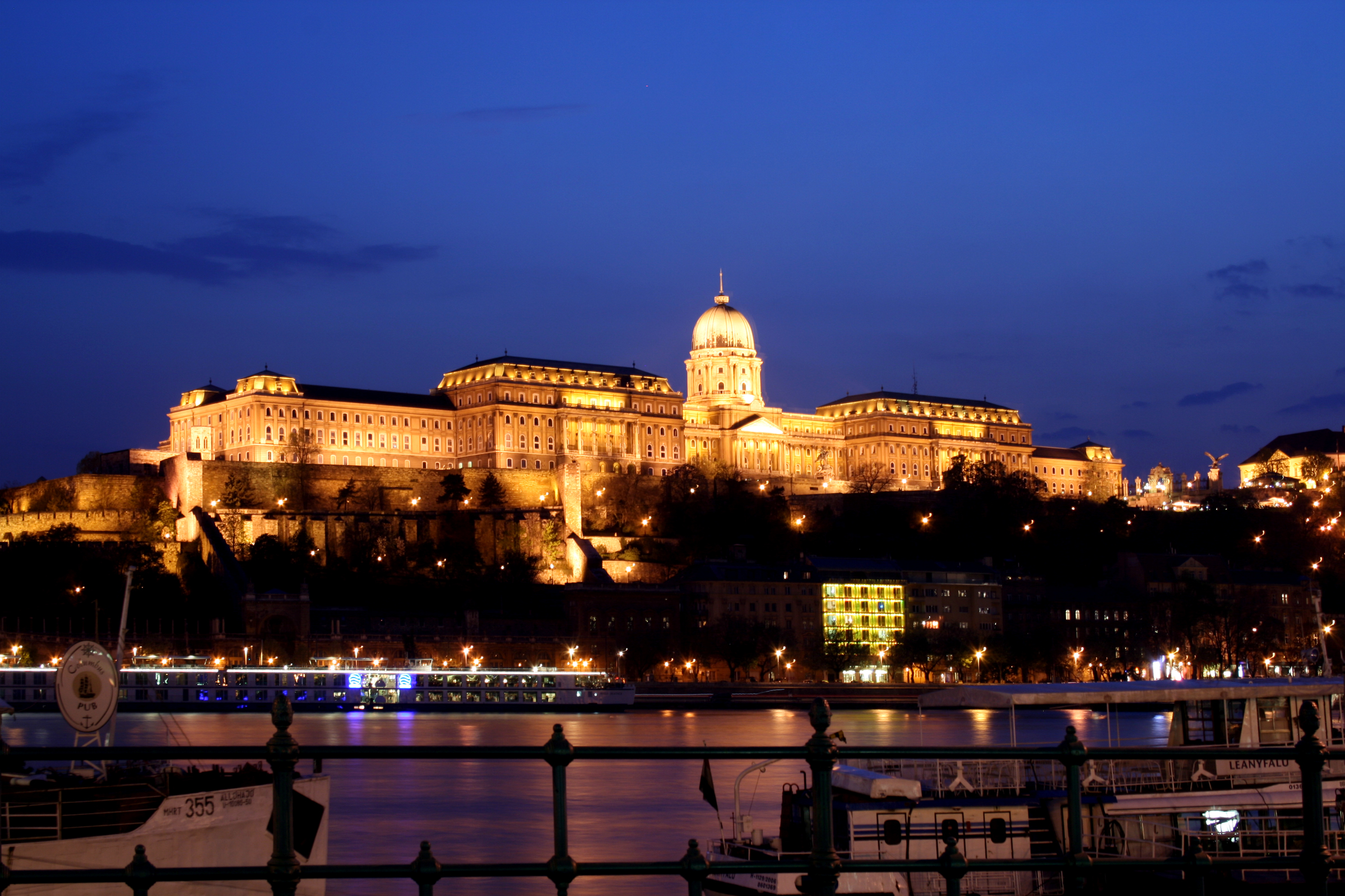
Budapest offers a wide range of things to do and eat and holds the same big city-vibe as other European cities, argues Dávid Fülöp.(Photo: Karelj, WikiCommons)
Thinking about going to Eastern Europe? According to CBS-student Dávid Fülöp, Budapest has it all. Thermal pools, architectural history and plenty of places to find a hearty Hungarian meal.
As a Hungarian who grew up in Canada, I must say that the most exciting period of my life was in Budapest. Staying in the city was comparable to a roller coaster ride.
One minute, enjoying the vibes of a new city and meeting a plethora of interesting people. The next, feeling down and out from the copious amount of news about corruption and infringements on peoples’ freedom.
The first keeping me rooted in the city, the second urging me to move on to a place where people enjoy more personal freedom. The two extremes made living there exhilarating, eventful and thought-provoking at the same time.
So, without further adieu, let me introduce to you… Budapest!
Socialist architecture meets the Holy Roman Empire
The jewel of the Danube draws most of its beauty from the historical urban landscape that is spread out through the city.
From the Heroes’ Square, where ancient heroes and kings of days old are immortalized. To the Castle District, an area where history spans back to that of the Holy Roman Empire.
In contrast to most of the cities situated in East-Central Europe, where the historical sites are concentrated in and around the center of the city, Budapest proves to follow the trend of larger, more grandiose western cities.
My favourite dish, Lecsó, is a simple dish consisting of onions, peppers, and tomato cooked in a pan
Dávid Fülöp, student
Walking along the Danube’s shore, one can get lost for hours among the remains of socialist architecture, mixed in with the antique buildings of varying ages of the past. At night, the very same shore is flecked with bronze tinges from the illuminated structures that portray the history of Budapest itself.
Take a plunge in the thermal pools
During the reign of the Roman Empire, the region around Budapest was named Aquincum. Interestingly enough, the etymology of the word translates to “cooking stove where water boils making bubbles”.
In and around Budapest, there are over 100 thermal springs. The Romans made use of it, so did the Ottomans, and now you can too. The city boasts several baths with thermal pools of varying temperatures, saunas, icy plunge pools and rooms for massages.

Two worthy of mention are Széchenyi (aka Szecska) and Rudas. Széchenyi is a Neo-Baroque outdoor bath, making it the perfect place to make use of a sunny summer’s day. For the drearier days, Rudas is the place to go.
Originally built for the pleasure of the Ottomans, the place still extends the same curtesy today. There is nothing more relaxing than getting out of the cold, and dipping yourself in steaming thermal water.
Get a hearty Hungarian meal
Exiting the baths, people tend to build up quite the appetite. Hungarian cuisine does not offer a wide palate of food but can still be delicious for those who enjoy foreign culinary experiences.
Generally taking the form of meat stews, casseroles, and roast meats, including game; Hungarian food uses mild and/or spicy paprika as the characteristic spice.
My favourite dish, Lecsó, is a simple dish consisting of onions, peppers, and tomato cooked in a pan. This is often combined with different cuts of meat, making the the meal “Magyaros” (Hungarian). One of the best places to try the dish is at Kiskakukk, a restaurant over one century old, where the waiters have an air of traditional monarchal elegance.
Budapest also offers many cheap solutions to fill your stomach and among them there exists the Lángos. Essentially an elastic doe resembling that of what is used to make pizza, is deep-fried, then topped with garlicky oil, sour-crème, and grated cheese.
This dish is infamously used as a late-night snack consumed while under the influence of heavy drinking. Situated close to St. Stephens Basilica, Retro Lángos Büfé is within walking distance from the party district. If you’re feeling adventurous, like meat and spicy food, then definitely make sure to try the “nuclear attack” (Atomtámadás).
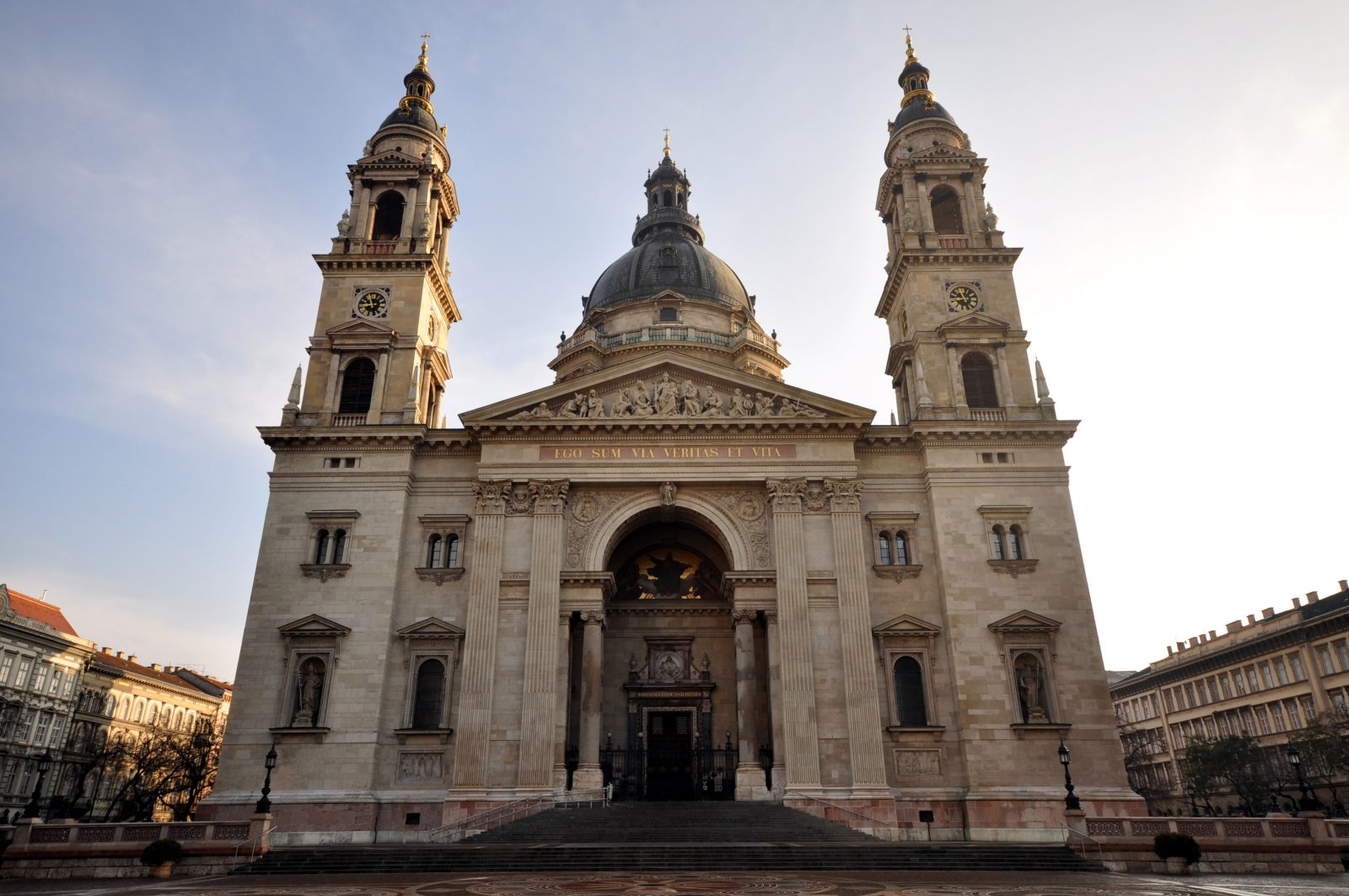
Other cheap places to eat traditional food are Csirke Csibész for schnitzel sandwiches, butcher shops serving traditional Hungarian baked sausages, and “Kifőzde” (Hungarian equivalent of a cheap diner), where you can get large portions of Hungarian food for under 50 kroners.
Connect with the locals
The Budapest night-life scene offers a wide spectrum of clubs, bars, and venues. But in order to fully unlock the city’s potential, it is important to connect with the locals. One place to do so is at Madács Square.
The square is home to Telep and Központ, two bars that have become a popular local hang-out. Whether it be winter or summer, the place is always teeming with life. There are always people idling about smoking, drinking, and chatting the night away. The place is ideal for making friends since the people there are open to, and interested in different kinds of cultures.
Once the pre-drinking has been taken care of and everyone is in the partying mood, chances are they will take you to one of two places; the dark depths of Lärm, an underground club blasting electronic music, or to Toldi Klub, a movie theatre by day, but party venue by night.
Waking up the next day, you’ll have built a foundation for your social network in Budapest, and potentially have many more rambunctious nights lined up.



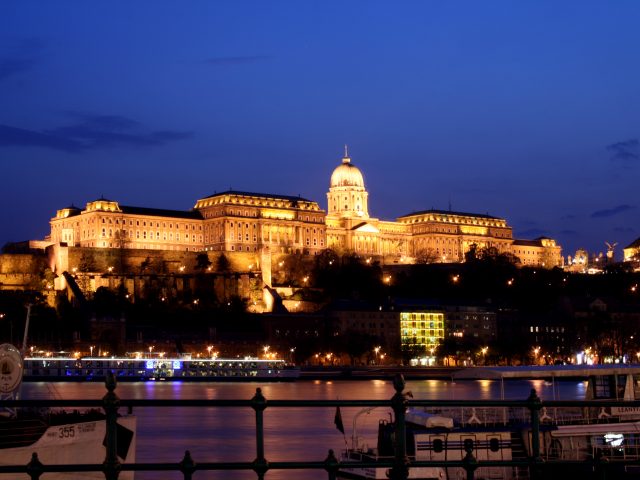

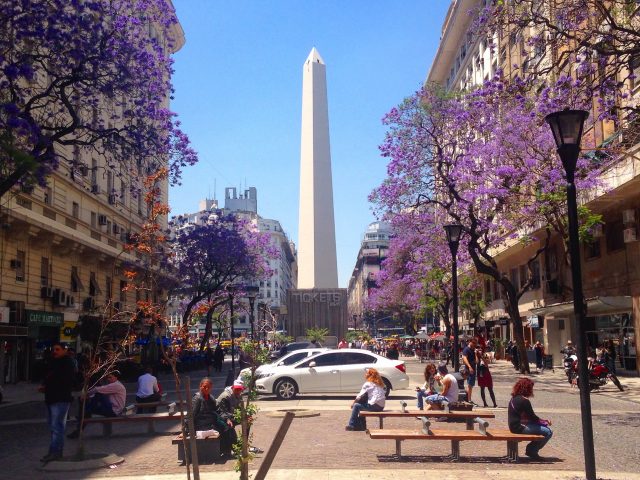

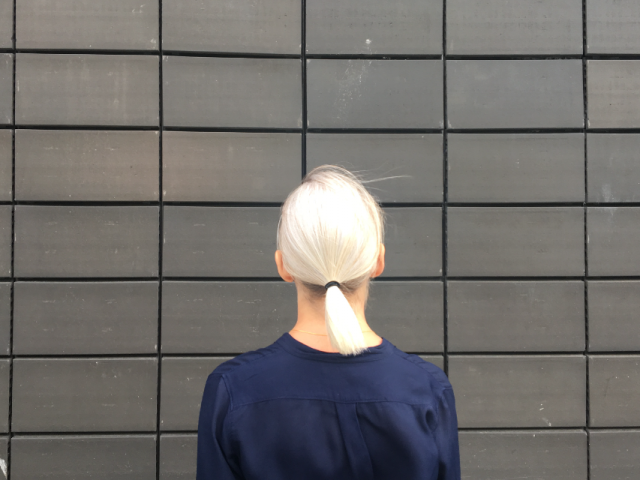




























































































































Comments